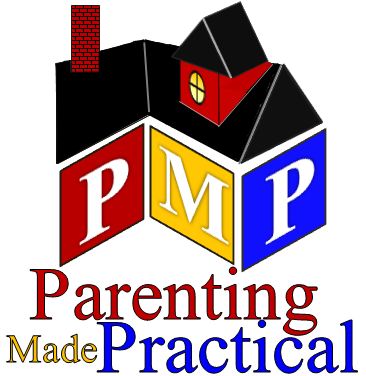What Kind of Conscience Do your Kids Have?
Joey and Carla Link
March 2019
Jiminy Cricket was first seen by children in the film “Pinocchio”. His advice to Pinocchio was to “Always let your conscience be your guide.” His job was to remind Pinocchio when what he was going to do was wrong that it could get him in trouble.

Conscience is defined as “an inner feeling or voice viewed as acting as a guide to the rightness or wrongness of one’s behavior based on one’s moral value system.”
Our conscience is like a stoplight
- It gives your kids a green light encouraging them in what they’re doing right
- It gives your kids a yellow light warning them when what they are thinking of doing will get them in trouble
- It gives your kids a red light telling them to stop what they are doing immediately when they shouldn’t be doing something
What Kind of Conscience Do Your Kids Have?
Do your kids have an active conscience that they listen to or are they more characterized by turning it off or ignoring it? Both will get them in trouble. In I Timothy 4:12 Paul warns about being drawn away by those “whose consciences have been seared as with a hot iron.” Being seared means you have lived your life your way instead of God’s way for so long your conscience has become hardened, or no longer cares what is right or wrong.
Does your child have a conscience that can encourage as well as convict them or is it seared?
In 1 Samuel 24 David had the opportunity to take out King Saul who had been chasing him and trying to kill him because Saul was jealous of David’s success and popularity. Like a good mystery movie, Saul goes into a cave to use it as an outhouse while David and his men were hiding in the back of the cave. All of David’s men told him this was his chance to kill his enemy. David snuck up on Saul and cut off a corner of his robe. Saul left the cave completely unaware that David and his men were there. David was “conscience stricken” for what he had done and forbid his men to attack him.
How often are your kids stricken by their conscience when they don’t do what you have instructed them to do? You tell them not to run in the house. What do they do when they are tempted to run? Do they realize when their heart is telling them not to run it means they need to stop? Or do they run anyway, not paying attention to your instruction? If they wipe their heart’s reminder away, they are rewriting on their conscience what they think is right and what they think is wrong.
If your child sees you are watching him, he may stop and walk because his/her conscience is talking to him. You are the visible red light of his conscience.
The next time he wants to run in the house he might hear the still small voice in his head that tells him not to run but the voice is now weaker, and you his parents, his visible red lights, are not around, so he runs. The next time he doesn’t even think about whether he should run in the house or not, he just runs because he has done it so often he has hardened his heart toward listening to your instruction not to do it.
How to Write On Your Kid’s Conscience:
- Parents need to instruct their kids in what is right and what is wrong.
- Parents need to model the teaching or demonstrate it to the kids to show them what they are expecting. Role playing is a good way to do this.
- Parents need to tell their kids if there are exceptions to the instruction, and explain what those acceptable exceptions are and when they could be used.
- Parents need to be consistent in giving correction to their kids when they do run after their kids have apologized for doing so.
Parents, we know this is tough when you are busy with other things, but once you give an instruction to your kids such as running in the house is forbidden, you must be paying attention to your kids when they are playing and catch them when they run.
You can also test your child when you call his/her name or ask him to get something for you to see if he runs or walks to you. This is when the question comes, will he be conscience stricken by listening to the voice you have planted in his head that running in the house is wrong, or will he go ahead and run.
If your child makes the right choice and doesn’t run, you need to put another voice in his head praising him for listening to the green light he chose to obey. That is the encouraging word from you telling him what a great job he did for not running in the house. Let him know how proud you are that he chose to do what is right when you knew he really wanted to run. Give them an extra scoop of ice cream for dessert as a reward and to remind him of the blessing for doing the right thing.
